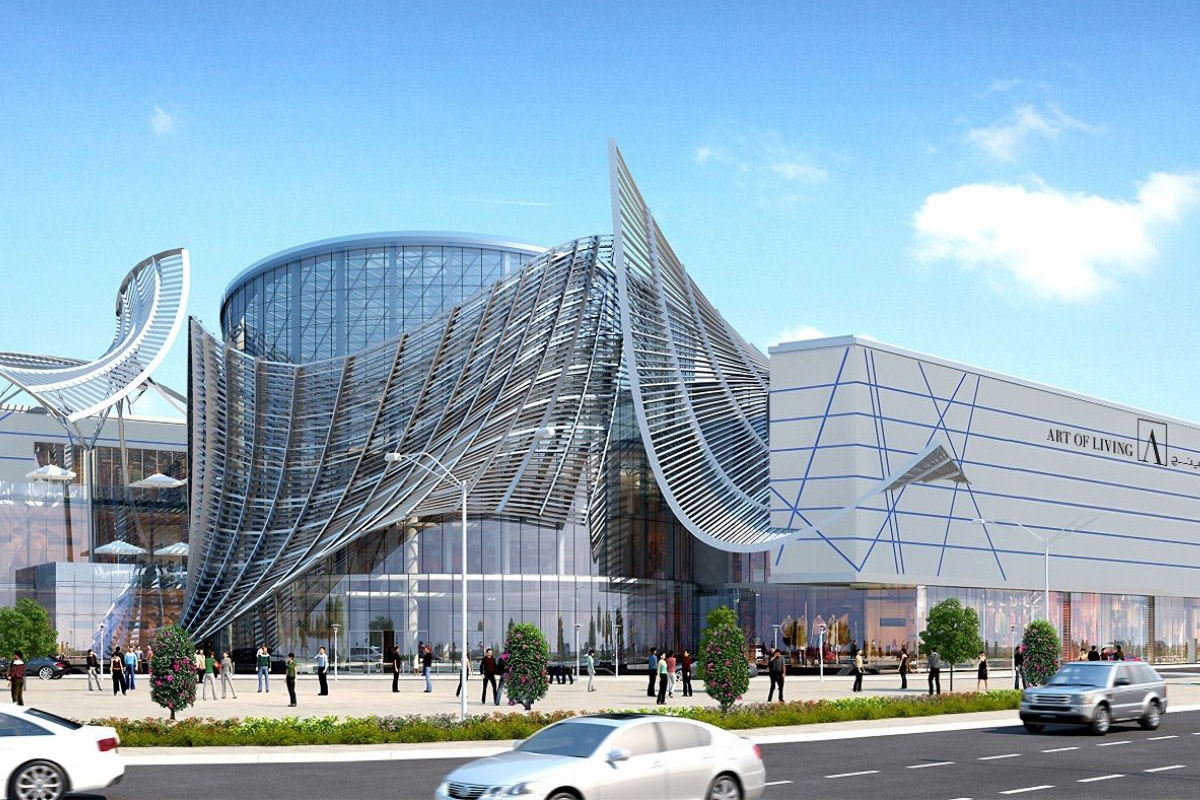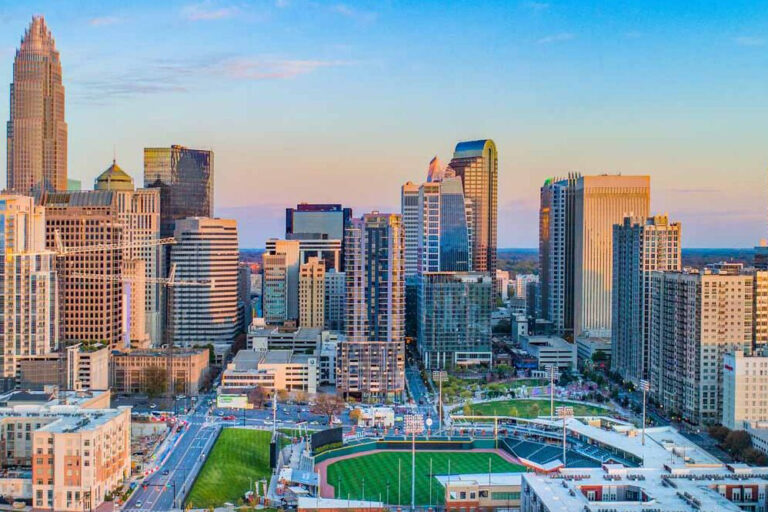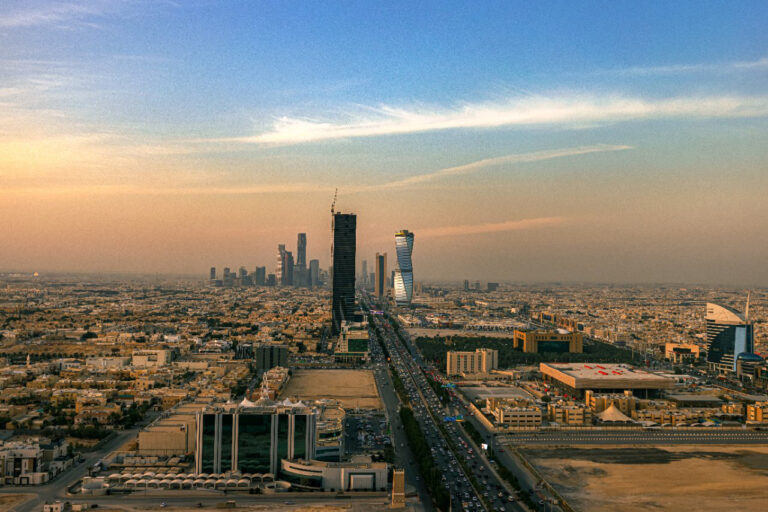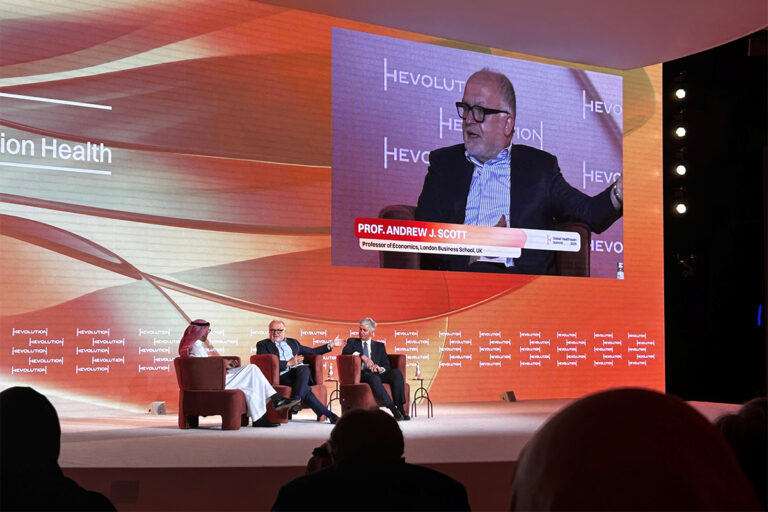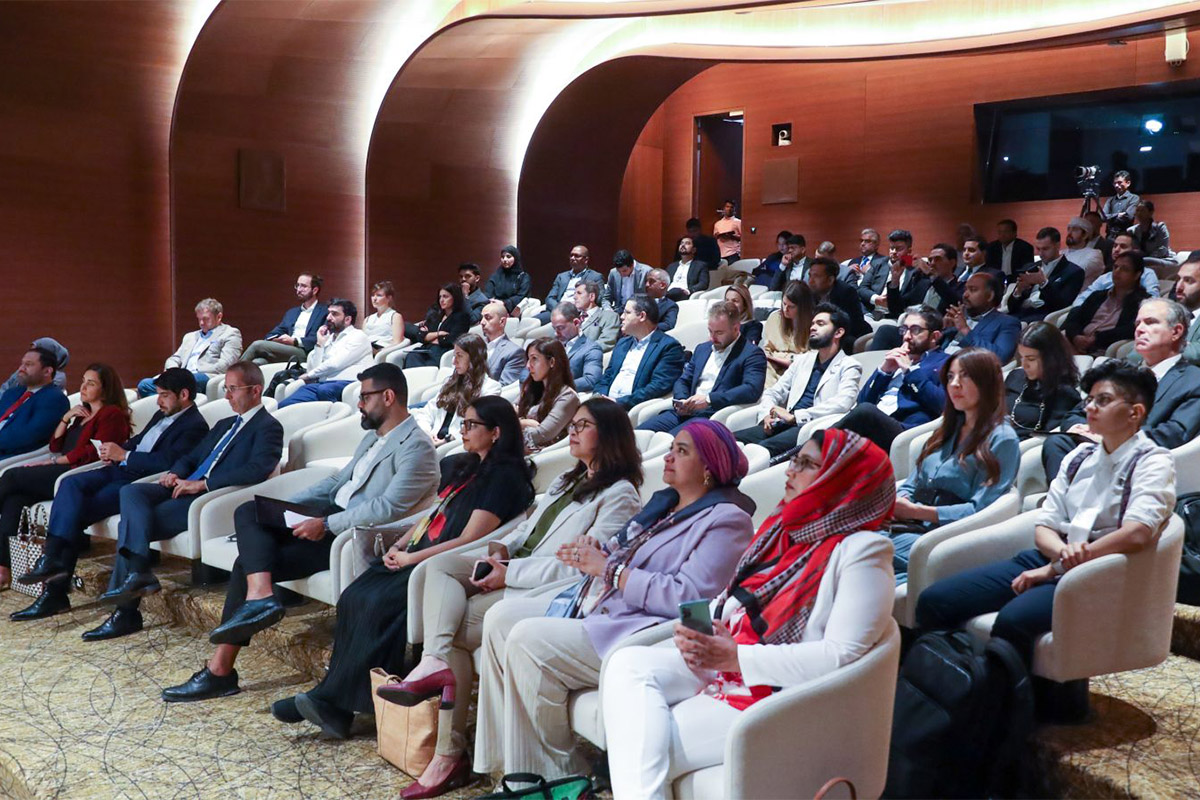
In the Middle East, where temperatures soar to 50°C, cooling buildings is both a necessity and a burden on energy consumption. IBECE Energy is addressing this challenge head-on by focusing on enhancing the building envelope—the walls, roofs, and glazing that separate the interior of buildings from the harsh outdoor climate. This vital structure plays a pivotal role in improving energy efficiency and supporting net-zero goals.
“The building envelope is the first line of defence against extreme temperatures,” says Mustapha Aanzi, Chief Commercial Officer at IBECE Energy, who is also an advisory board member at the Clean Energy Business Council (CEBC) and board member at the Advancing Net Zero Volunteering Team (ANZ). “In this region, cooling can account for up to 70% of a building’s energy consumption. Improving the envelope is critical for reducing energy waste.” IBECE Energy specializes in developing solutions that minimize thermal loss, reducing the strain on cooling systems and significantly lowering energy costs.
IBECE’s approach aligns with findings from the International Energy Agency’s (IEA) Net Zero by 2050 report, which notes that improving the building envelope can reduce cooling demand by up to 50%. “By focusing on the envelope, we’re not just cutting energy costs but also creating healthier indoor environments,” Aanzi explains. “The future is where buildings become an active part of the electricity grid—consuming, generating, and storing energy to create smarter, more efficient environments that benefit both people and the planet.”

Innovations in Building Envelopes
IBECE is pioneering various technologies to enhance building envelope performance, including solar PV glass and dynamic glass. These innovations are designed to optimize the thermal efficiency of buildings while also generating energy. ” Solar PV glass integrates energy production directly into the building’s surface, transforming facades into power-generating elements,” Aanzi says. “Meanwhile, dynamic glass adjusts its tint based on sunlight, reducing heat gain and lowering cooling demand.”
One of the company’s standout innovations is the modular “double skin” facade, which adds an additional layer of insulation to buildings without disrupting existing structures. “Traditionally, upgrading a building’s glazing would require removing the entire structure, which is costly and disruptive,” Aanzi explains. “Our modular solution allows for the installation of a secondary layer from the inside, reducing the U-values of the glass and eliminating thermal bridges.”
This approach to building performance goes beyond insulation—it’s about transforming structures into dynamic, energy-efficient ecosystems. IBECE’s work is part of a larger industry shift, where buildings evolve into ‘prosumers’ that both consume and generate energy. “The future lies in creating buildings that actively contribute to the energy transition and play a vital role in the power grid,” Aanzi explains. “By integrating solar panels into facades, we’re turning buildings into key players in the energy ecosystem.” A comprehensive, holistic strategy is essential to achieving the best technical and commercial outcomes.
“The building envelope is more than a barrier—it’s the key to unlocking energy efficiency and driving us toward net zero.”
Mustapha Aanzi, CCO IBECE Energy
Despite these advancements, the path to net zero in the MENA region is not without obstacles. Aanzi highlights that one of the key challenges is client engagement and the complexity of energy performance contracts. “Our ESCO (Energy Services Company) survey at CEBC revealed that project funding and raising client awareness remain significant hurdles,” Aanzi notes. The market is fragmented, with clients often dealing with multiple service providers—from solar companies to OEMs and ESCOs—leading to confusion and missed opportunities for optimized solutions. “Thinking in silos can result in less effective technical and commercial outcomes, as all building systems are interconnected and need a coordinated strategy,” Aanzi explains.
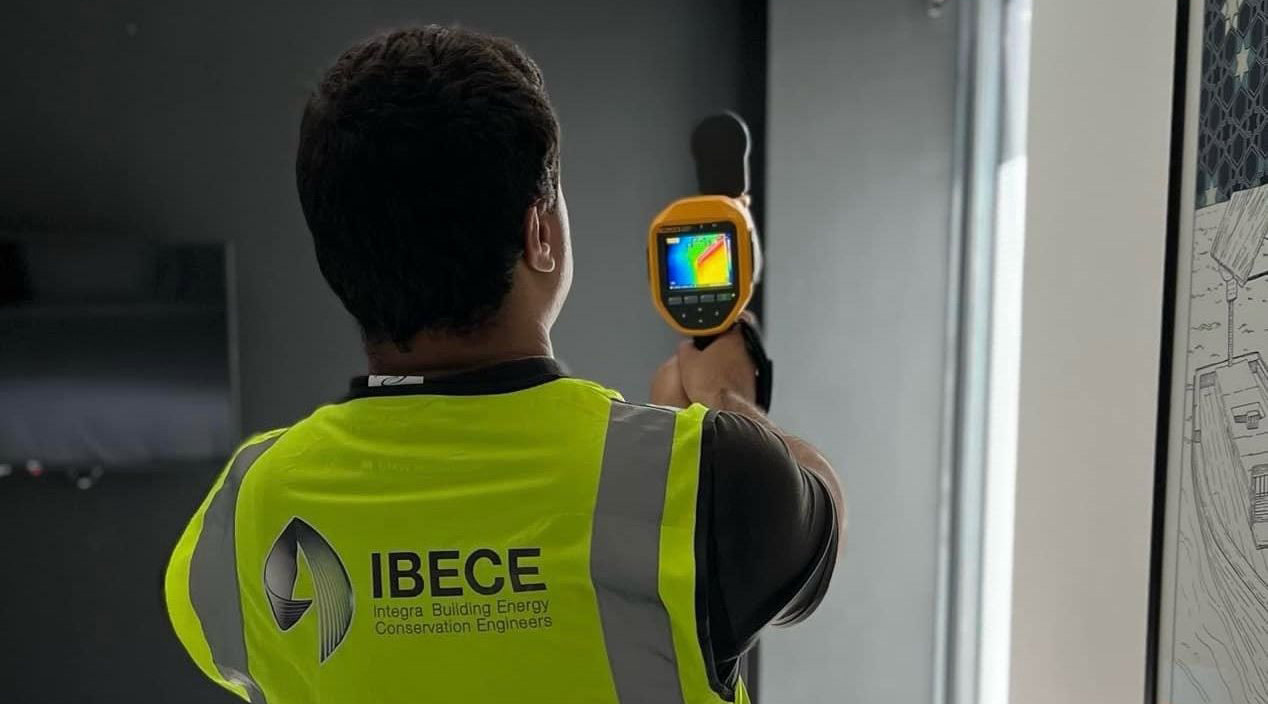
To tackle these challenges, Aanzi advocates for the ESCO Plus model, which combines multiple performance-based solutions into a single service level agreement. The goal of this model is to ensure net zero for clients while distributing risks across different solutions. “The ESCO Plus model simplifies contractual engagements and provides clients with a clear, streamlined pathway to achieving net zero,” Aanzi explains.
A Broader Vision for Net Zero
In addition to his work at IBECE, Aanzi is also a founding board member of the Advancing Net Zero (ANZ) Volunteering Team. This initiative brings together over 100 experts to contribute to working groups focused on decarbonization and sustainability. “One of our proudest milestones was the establishment of ANZ itself,” says Aanzi. “Last year’s ANZ forum was a great success, and the volunteers continue to publish white papers, including one this month titled Deep Retrofits to Net Zero: Challenges, Opportunities, and Guidelines.”
Platforms like ANZ and CEBC play a crucial role in driving industry-wide change. “These platforms create a space for service providers, government bodies, and other stakeholders to collaborate, share knowledge, and accelerate the energy transition without reinventing the wheel,” Aanzi explains. The volunteers at CEBC and ANZ have been instrumental in raising awareness and identifying market barriers. The energy efficiency working group’s upcoming paper will address the UAE’s regulatory landscape and highlight international best practices.
As the MENA region advances toward net zero, IBECE Energy is positioned to lead the transformation of building façades. With innovative technologies, a focus on the building envelope, and strong industry partnerships, the company is setting new standards for energy efficiency. “Our goal is to make building envelope enhancements a standard step toward achieving net zero,” Aanzi concludes. “Through continuous innovation and raising awareness, we’re creating buildings that are not only energy-efficient but also integral to the energy transition and a sustainable future.”





